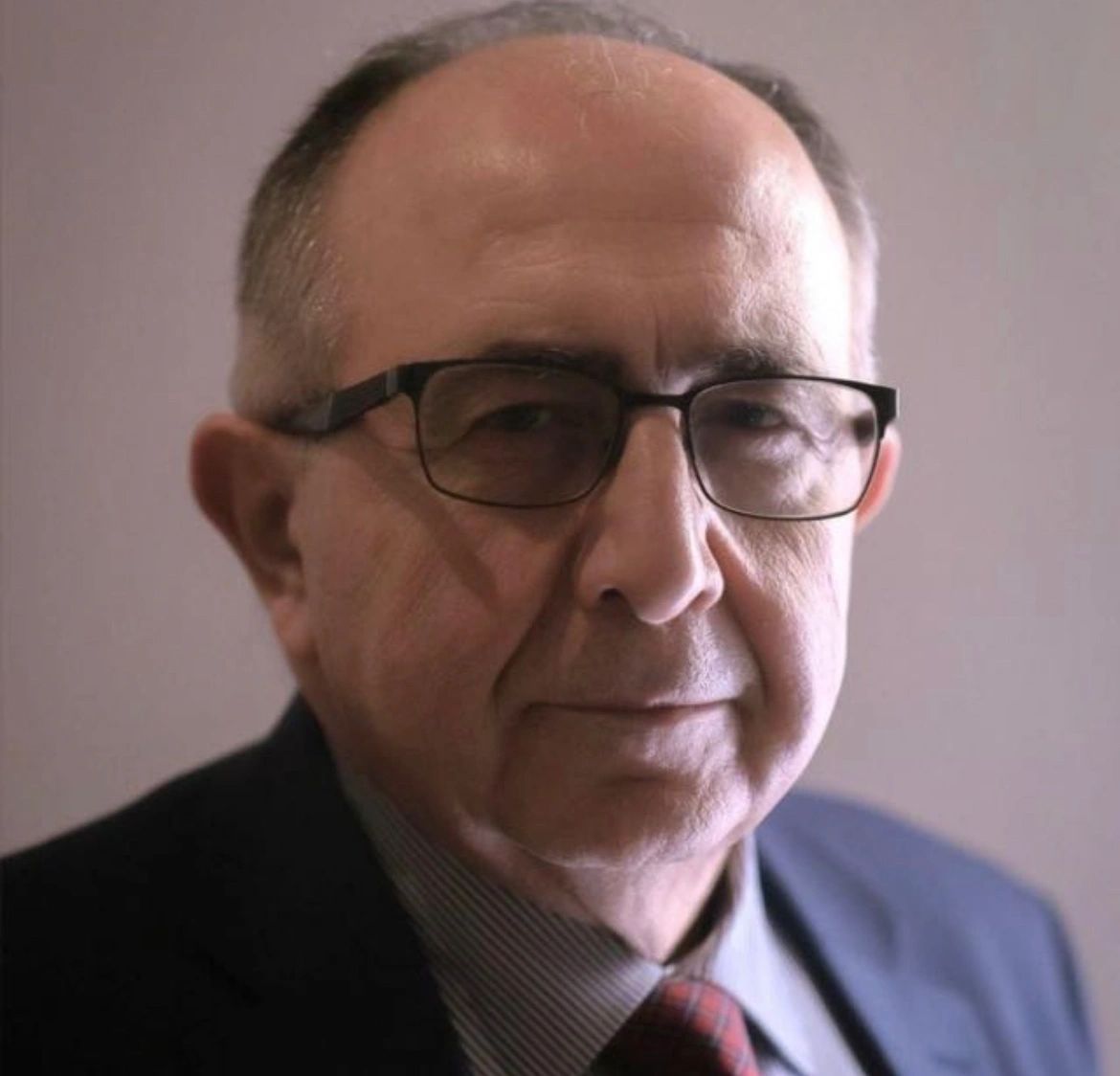
Kazakhstan’s stories rarely top the news. For a while, Kazakhstan was a confounding model of a stable authoritarian state. During the decades of Soviet rule, Kazakhstan paid a heavy burden, losing more than a quarter of its population. The Kazakh people perished of famine, while its land was constantly used as a test field for the Soviet nuclear bombs. After its divorce from the Soviets, this nation began distinguishing itself from Russia, fostering its national identity and pride. IT showed, as well, some features of openness and liberal development, even though the elites and civil society were still in their embryonic phase.
In Kazakhstan, several major international interests converge. On the one hand, the U.S.-European invests hundreds of millions of dollars; on the other, a region where the Russian security role competes with China’s significant investments.
Gradually things began to deteriorate. Then, leaving his crony entourage, President Nazarbayev left the country for Moscow to be replaced by President Kasim Jumart Tokayev, a new power-wielding man. He faced a corrupt and un-loyal military and security bureaucracy, not to mention a weak government that still owes Nazarbayev a lot, not to mention a considerable cumulus of socio-demands and bitterness.
In this worrying and ambiguous political climate, the government suddenly raised the fuel price, which soon led to widespread unrest beyond the issue of hydrocarbons until it reached the workers of the Tengiz oil field. At the same time, insurgent factions put their hands on airports and governmental offices.
The events led to a violent police response, while the authorities cut off the internet services. In Alma-Ata, the demonstrators put ablaze the presidential palace.
Nothing would elicit the prevailing panicked among the Kazakh officials better than the contradicting accounts the authorities presented to the events. Not only there were accusations of 30 thousand terrorists out of the dark in such a security state, But, on the other hand, the Gulani’s supporters, and al-Qaeda, Etc., were altogether accused of the exploding events.
For his part, the Kazakh president dismissed his government, demobilized his security chiefs, declared a state of emergency, and ordered his forces to “act with most possible intransigence”. Thursday, the officials said that dozens of demonstrators and police officers had been killed.
From his side, President Tokayev had recourse to demanding the intervention of the (CSTO) forces, a demand that had been swiftly fulfilled.
The current situation is moving toward Moscow having in Kazakhstan, a weak indebted responsible man who owes Moscow great loyalty.
As with Ukraine, Russia does not much weigh of Kazakhstan’s sovereignty much. “Kazakhstan is an artificial country created by its first president Nursultan Nazarbayev, and its population is aware of the importance of close relations with Russia,” Putin said in 2014.
Whether this attitude regarding the national sovereignty of its neighboring countries is manifested through the seizure of territory such as Crimea, Ukraine, and possibly Northern Kazakhstan, or by military intervention, this reflects Putin’s perceptions of Russia’s imperial interests.
President Putin is seemingly determined to restore Kremlin’s military dominance throughout the former Soviet Union. As a result, the Russian press embarked on a remarkable demand for the annexation of Northern Kazakhstan, where lives Russian-speaking minority makes up 18% of the population.
By the current Russian intervention and supporting Tokayev, Putin risks friction with China, emphasizing his rejection of his secondary role in Kazakhstan. Moreover, China is making huge profits as part of its Silk Road projects.
On the other hand, China, which has its demands in Kazakhstan, is concerned about this Russian adventure. The significant aspect of the events being due to deep social causes means that these unrests cannot be solved at once by exterminating some Islamic extremists. As a result, Moscow’s position in Central Asia will deteriorate, carrying the risk of Kazakhstan’s disintegration and possibly plunging the region into long-term turmoil.
The numbers of Russian troops intervening did not pose a military burden to Russia, as they were carried out by withdrawing forces from the Caucasus, Armenia, and nearby camps. If stability fails, and with some 100,000 Russian troops still on the Ukrainian border, it will be difficult for Putin to ignore the temptation to devour the two cakes, but the main challenge would be digesting them.
In the recent past, three violent movements have erupted in neighbouring Kyrgyzstan. Islamists have also stepped up in Afghanistan, and Islamist forces are active throughout Central Asia.
Maybe it is a new political reality there. In a more Muslim-saturated environment, some younger generation rejects the older Soviet-era leaders. Demonstrators are shown performing a mass prayer in the open air, and the Uighur minority and other Turkmen peoples play their role in the rise of the new national consciousness.
While the United States enjoys vital investments and relationships with Kazakhstan, it has recently lost much of its influence and does not even have an ambassador there now. It is therefore essential to keep a close eye on the situation. While the weakness of the State Department’s statement does not serve to restore U.S. influence, it will be necessary to warn against a rush to violent solutions and to rely on outside interference and surpassing the law and human rights. Otherwise, we will inevitably see more protest activities that do not serve the country’s future of peace and security.
